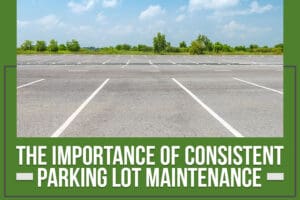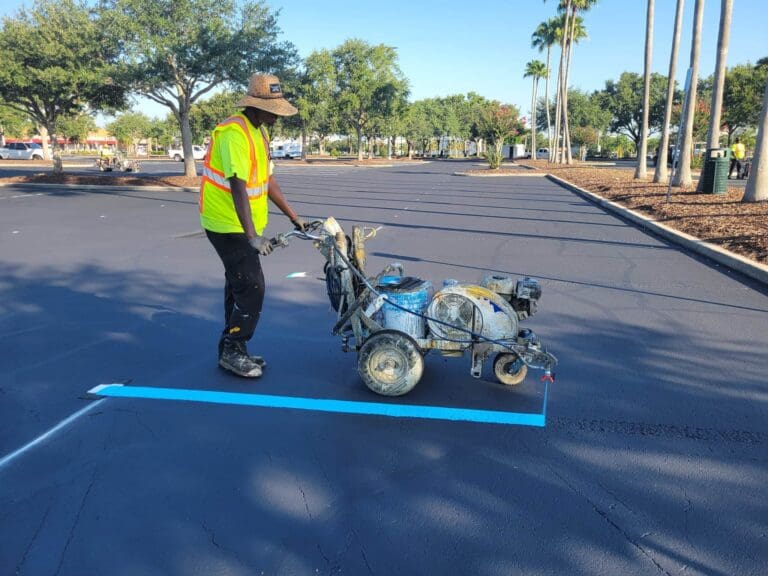Every day, billions of people commute to work, run errands, and travel long distances. The transportation sector is one of the most significant contributors to greenhouse gas emissions globally. Many of our current solutions for reducing these emissions are not sustainable in the long term. One such solution is asphalt, a material that has been used to build roads for over a century.
Asphalt is used extensively in rural and urban roads in the United States. However, it is not so well known that asphalt has environmental benefits and is a sustainable roadway solution. Stay with us as our construction experts from Brothers Paving & Concrete explore the many benefits of asphalt.
Benefits of Asphalt:
Considering the sticky black substance is made from petroleum, a non-renewable resource, you might not guess that asphalt would have any redeeming qualities when it comes to being eco-friendly. Asphalt has many benefits that make it a sustainable solution for roadways.
Easy Construction and Maintenance:
The time spent in work zones can be a nightmare for commuters. Asphalt can help to reduce the amount of time you’re stuck in traffic due to road construction. Constructing an asphalt roadway is much quicker than concrete, which means crews can complete their work and get out of your way faster.
In addition, asphalt roads are easier and less expensive to repair. When a pothole forms, crews can fill the hole with new asphalt and be on their way. This process is much less invasive than concrete repairs, which require sawing, drilling, and other time-consuming methods.
Reduced Greenhouse Gases:
Asphalt pavements require less energy to produce, and their production process emits fewer greenhouse gases than concrete.
Asphalt is a fossil fuel byproduct, and the asphalt binder that goes into making asphalt pavements was never burned or utilized as energy. As a result, no CO2 is ever emitted into the atmosphere.
Asphalt pavements not only sequester carbon, but the production of liquid asphalt is far less energy-intensive than attempting to convert it to fuel for energy use.
Recyclable:
Whenever an asphalt pavement is maintained, the material removed from the location becomes part of the raw materials for new pavement layers. Reclaimed asphalt pavements (RAP) perform better than virgin mixes and are 100 percent recyclable.
More than 97 million tons of RAP and 921,000 tons of reclaimed asphalt shingles (RAS) were used in new asphalt pavement mixes in the United States in 2019.
Further Reducing Environmental Footprint:
The asphalt industry is also making progress in warm-mix asphalt (WMA) production to further lower its environmental impact. WMA technologies decrease the asphalt pavement mixtures’ manufacturing and placement temperature by 30°F to 120°F, resulting in less fuel consumption and lower greenhouse gas emissions.
Warm-mix production is said to save about 25% on energy usage when compared to traditional concrete.
Additionally, a smooth and well-maintained asphalt pavement requires less fuel to drive on and emits fewer pollutants than a bumpy one in need of repair. Transportation agencies, general contractors, and asphalt producers are committed to sustainable practices that reduce the environmental impact of asphalt pavements.
Summing Up:
Asphalt is a sustainable roadway material that can be used to create long-lasting roads. Asphalt has a low environmental impact, and it also has other benefits such as noise reduction and traction.
If it’s time for road construction or a new driveway, consider using asphalt – you won’t regret it! Brothers Paving & Concrete in Fredericksburg are experts in asphalt installation and would be happy to give you a free estimate for your project.






















